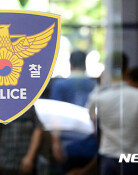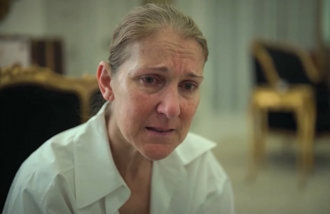Japan gov`t ordered to declassify docs on 1965 treaty with Korea
Japan gov`t ordered to declassify docs on 1965 treaty with Korea
Posted October. 13, 2012 04:45,
A Japanese court has ordered its central government to disclose documents from the time when the South Korea-Japan basic treaty was signed in 1965.
If the ruling is confirmed, Tokyo must release information that it has refused to due to fears of disadvantages on pending issues in bilateral relations, including disputes over sex slavery and the Dokdo islets. The declassification of the documents will likely cause a major stir in ties and history between the two countries.
The Tokyo District Court on Thursday issued a ruling partially in favor of the plaintiff in a suit against the Japanese government over its rejection to disclose documents related to the 1965 treaty. The suit had been filed by 11 ethnic Koreans, including Lee Yong-soo, who was forced to work for the Japanese military, and Japanese nationals who claimed it is unjust for the Japanese Foreign Ministry not to disclose documents on the treaty. The Japanese government has two weeks to file an appeal to an appellate court.
The suit is targeting 25 percent of documents spanning 60,000 pages from the Japanese side on a third round of suits to seek disclosure of information filed from 2006. This was after the Korean government released its all documents on the treaty in 2005.
The court ruled that Tokyo should disclose 212 documents in full and 56 other documents in part, which account for 70 percent of the 382 cases. The Japanese government had been denying disclosure for these reasons: Japan could potentially be put in a disadvantageous position when it normalizes diplomatic ties with North Korea in the future, face damage to South Korean-Japan ties, and suffer a disadvantage in negotiations over the disputed Dokdo islets.
The order to declassify the documents can be considered a Pandoras box for Tokyo. They are 154 documents that Tokyo has refused to disclose, citing potential disadvantages in negotiations with Pyongyang, 58 documents that it says could damage trust in South Korean-Japan ties, and 39 on Dokdo.
The ruling said, The defendant should present and prove facts that would allow people to refer to the grounds for its claim that the documents requested for disclosure are related to the treaty, and could cause problems if disclosed more than 30 years after the drafting of the documents."
The court said that Tokyo should disclose Japan`s suggestions and views on the Dokdo dispute, the plan to cope with the row, South Koreas suggestions and comments, and the views of third countries. The court, however, accepted the reason for non-disclosure of other documents that have the possibility of causing Koreans to feel they were being despised by the Japanese government or feeling damage to their self-esteem.
Korean Foreign Ministry spokesman Cho Tae-young on Thursday welcomed the ruling that requires Japan to publicize a portion of the documents on the treaty, saying, If the diplomatic documents are disclosed, they will help the people of the two countries better understand the normalization process of Korea-Japan ties.
bae2150@donga.com
Headline News
- Medical school quotas expanded after 27 years by 1,509
- ‘Pension replacement rate of 44-45% is negotiable,’ says Lee Jae-myung
- 16 out of 20 food companies see cost ratio decrease in 1st quarter
- Oksana Chusovitina with 8 Olympics under her belt gets injured
- Real income effectively reduced amid inflation hikes







